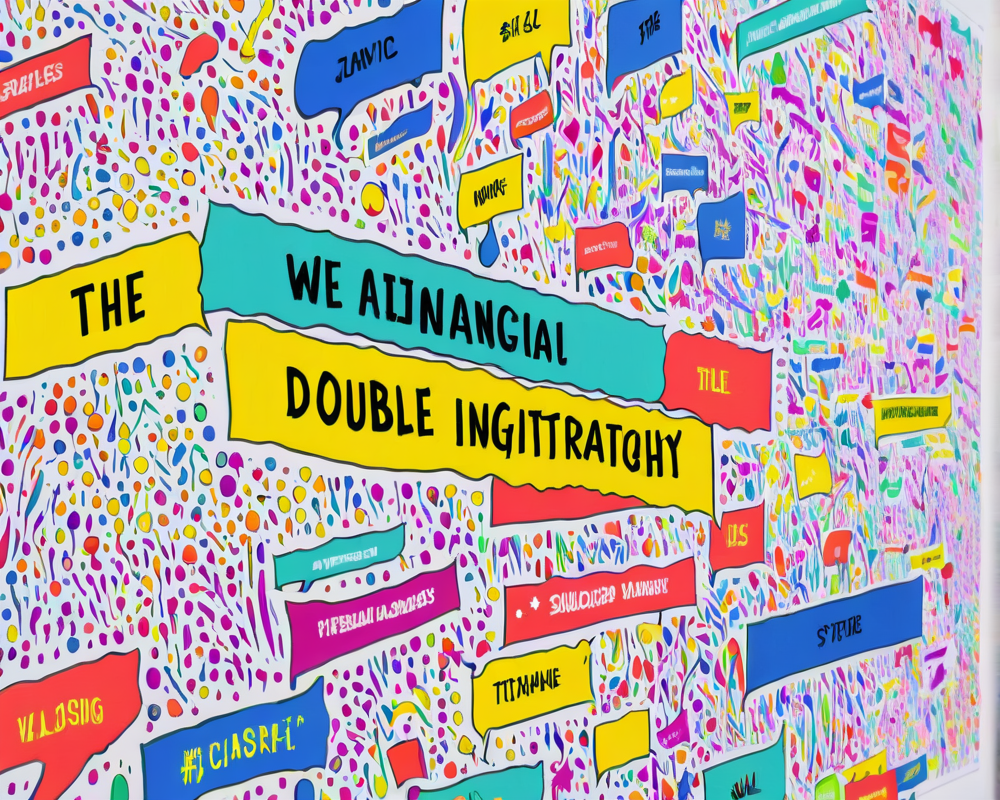The Cambridge Analytica Scandal: A Wake-Up Call
Ah, 2018—a year that will forever be remembered for more than just a peculiar number of avocado toasts and the emergence of quirky memes. It opened the Pandora’s box of data privacy when news of Cambridge Analytica’s audacious harvest of 50 million Facebook users’ personal data hit headlines. This was a wake-up call louder than a two-ton bell, demonstrating just how far Big Data could plunge into our unsuspecting lives.
In a now-infamous Channel 4 News expose, CEO Alexander Nix suggested that bending the truth was simply part of the political game. “These are things that don’t necessarily need to be true. As long as they’re believed.” A chilling reminder of the fragility of democracy in the age of technology.
The Role of Artificial Intelligence
Fast forward to today, and we find ourselves in a new digital PAR-TAY, where Artificial Intelligence (AI) struts in, proudly displaying its ability to influence elections just as deftly as Cambridge Analytica did—if not more so! Experts like Trish McCluskey emphasize that these generative AI models can churn out text so convincingly human that the lines between reality and fiction squiggle dangerously close.
The Worrying Potential of Deepfakes
Let’s talk deepfakes—by now, they might as well have their own social security numbers! The ability to create faux videos featuring prominent figures is one of AI’s most chilling applications. Take the bizarre incident of a deepfake video of Sam Bankman-Fried aimed at tricking people into a phishing scam. These dark arts of technology not only manipulate reality but also shake the foundations of trust that democracy relies on. As Gary Marcus asserts, the primary risk AI poses is overwhelming democracy with plausible misinformation—a recipe for disaster.
AI’s Silver Lining: Counteracting Disinformation
But hold your horses! Before you assume AI is all doom and gloom, it does have some pretty cool superhero potential. According to McCluskey, AI could also serve as a defender of democracy. It can detect disinformation, facilitate fact-checking, and maintain election integrity. With proper regulations, AI could transform from a villain into an unlikely hero! It’s all about striking the right balance.
Legislative Solutions: The Digital Services Act
The European Union’s Digital Services Act (DSA) is one regulatory superhero ready to swoop in to save the day. This legislation requires major social platforms to abide by new transparency rules related to content moderation and disinformation. Violations? Well, kiss up to 6% of annual income goodbye! But as McCluskey argues, there’s a need for international cooperation; after all, this is a worldwide ‘who done it’ we’re dealing with.
Conclusion: A Multifaceted Approach is Key
Tackling the risks posed by AI in political realms isn’t a one-size-fits-all solution—think of it more like assembling the Avengers. From government regulations, tech company self-regulation, and international treaties to improving public education and media literacy, it’ll take a coordinated effort to protect democracy. In this age of information overload, staying informed and savvy is more critical than ever!



